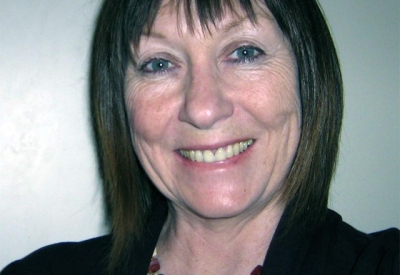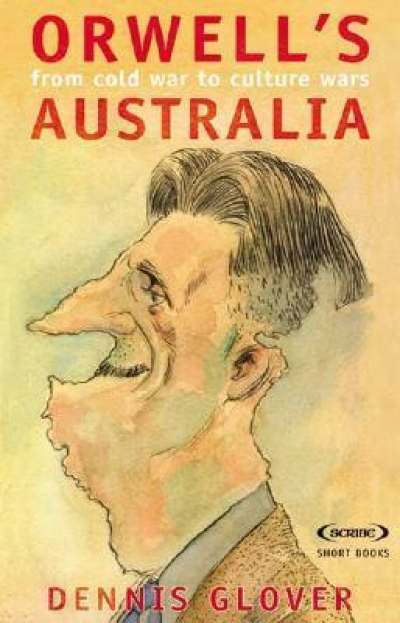November 2008, no. 306
Jonathon Otis – a true believer
The winner of the 2008 ABR Reviewing Competition is Jonathon Otis for his review of Julian Barnes’s memoir, Nothing to Be Frightened Of. Mr Otis receives $1000 and future commissions in the magazine. Second prize, valued at $250, goes to Elizabeth Campbell for her review of Brook Emery’s poetry collection Uncommon Light. Third prize, a set of Black Inc. books, goes to Alexis Harley for her review of Janet Frame’s novel Towards Another Summer.
The competition attracted 150 entries – a forty per cent increase from 2005. The selection of subjects under review was impressively vast, ranging from national and international fiction to ethics, the economy and even gastronomy. Religion, notably, was a popular subject; we received numerous reviews of Christopher Hitchens. There were multiple reviews of Ian McEwan and J.M. Coetzee. Interestingly, death was a popular subject.
Peter Rose judged the competition with Rebecca Starford. The Editor remarked: ‘This competition gets better and better. I’m pleased we attracted more entries, but the main purpose of this competition is to foster greater interest in the art of reviewing, to encourage new reviewers and to replenish the ranks of Australian critics. The standard this year was markedly higher than in previous years; the long list was extensive. We have identified about two dozen new reviewers for ABR. We’ll certainly present this award again in 2009.’
Jonathan Otis, a Melbourne-based writer with an abiding interest in genre, had this to say on learning of his win: ‘I feel a quiet, comforting elation. I am a true believer in literature’s life-affirming qualities. For me, ABR exemplifies vigilance through art in Australia. I am thrilled to have won the competition and for the opportunity to contribute to such an esteemed literary review.’
Jonathon Otis’s review appears on page 42. He will write for us again in 2009.


























